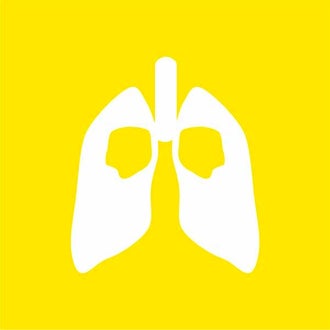1. Further support
Listen to audio in your language
Lung cancer support
Call the lung foundation on 1800 654 301 for information about lung cancer and where to go for support and help or visit lungfoundation.com.au
Also, specially trained staff at Cancer Council can answer your questions about the effects of cancer, explain what will happen during treatment and link you to support groups and other community resources. Call Cancer Council 13 11 20.
If you need an interpreter, call TIS (the Translating and Interpreting Service) on 13 14 50.
For support and advice for carers, call the Carers Association on 1800 242 636.
More support options
beyondblue: The National Depression Initiative
Information on depression, anxiety and related disorders, available treatment and support services
• Telephone: 1300 22 4636
• Website: www.beyondblue.org.au
Cancer Australia
Information on cancer prevention, screening, diagnosis, treatment and supportive care for Australians affected by cancer, and their families and carers
• Telephone: 1800 624 973
• Website: www.canceraustralia.gov.au
Care Search: Palliative Care Knowledge network
Information for patients and carers on living with illness, practical advice on how to care, and finding services
• Telephone: (08) 7221 8233
• Website: www.caresearch.com.au
Lung Foundation Australia
Information about lung cancer and patient support
• Website: www.lungfoundation.com.au
National Health Services Directory
A directory providing information on local hospital and community services
• Website: www.nhsd.com.au
NEMICS A common path: Lung cancer
Videos offering support and advice from people who have been through cancer.
• Visit: www.youtube.com/c/ACommonPathCancersupportandadvice
Optimal care pathways have been developed for health professionals and health services. However, patients and carers may find useful information in this version to help understand the processes their treating health professionals are following.

